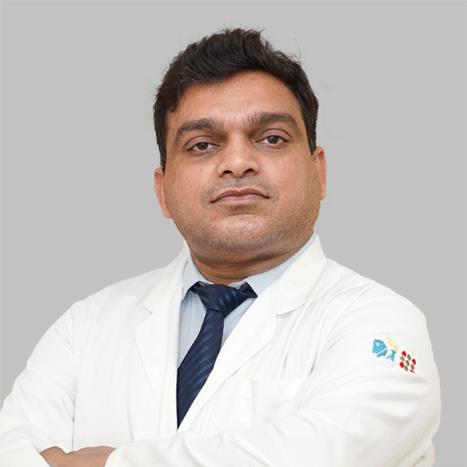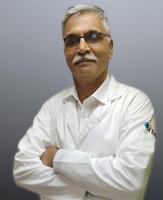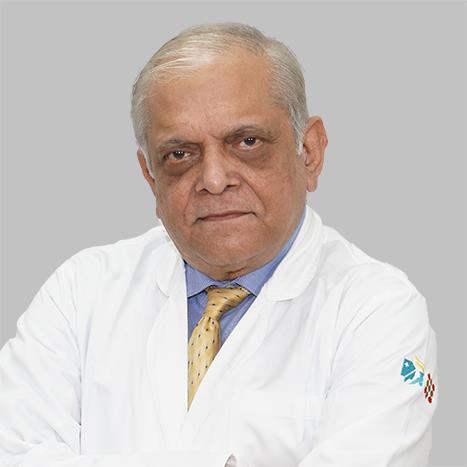Best Doctors for Parkinsons Disease in Lucknow
Parkinson’s disease is a long-term, progressive neurological disorder that primarily affects movement. It is triggered by the deterioration of a certain region of the brain known as the basal ganglia, particularly a segment called the substantia nigra. This leads to a decline in dopamine production, a critical neurotransmitter responsible for controlling muscle movement. As dopamine-producing neurons decrease, characteristic symptoms such as tremors, stiffness, and slowed movement begin to manifest. The causes behind this neuron loss remain largely unknown, although experts point towards a combination of genetic and environmental factors. The risk factors for Parkinson’s disease include advancing age, head injuries, and environmental factors like exposure to toxins, pesticides, and heavy metals.
Lucknow, the capital city of Uttar Pradesh, offers top-notch medical facilities like Apollo Hospitals. For individuals suffering from Parkinson’s disease, Lucknow provides access to several highly skilled and experienced doctors for Parkinson’s disease treatment. The Parkinson’s disease specialists at Apollo Hospitals in Lucknow are well-versed in managing this complex condition. These doctors have honed their expertise through years of practice, ensuring patients receive optimal care and treatment.









 Call Now
Call Now





